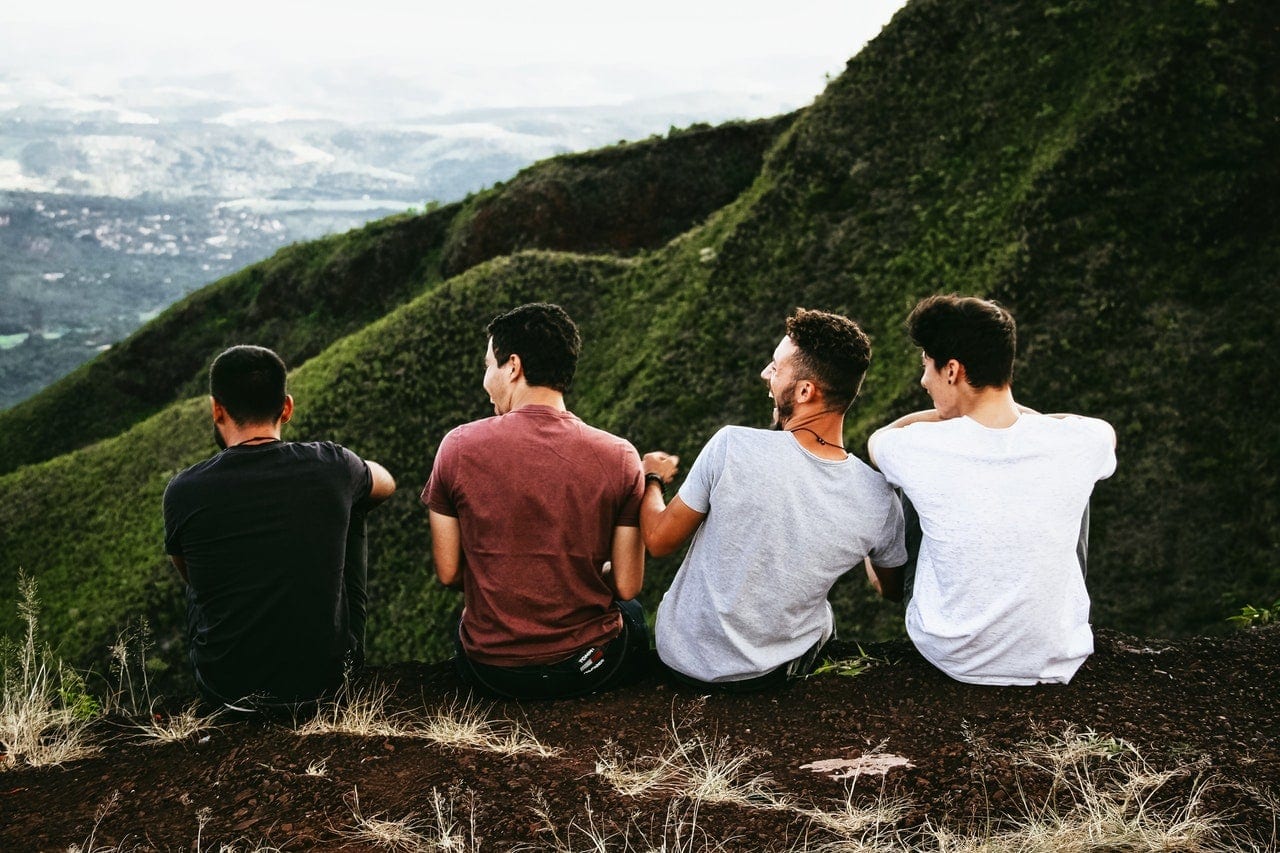


Recovering from addiction is a process that takes some time to adjust to. For many people, it means giving up friendships with people they used to drink or use drugs with and finding a new community that is supportive and caring. This community-building takes time, like many things in life. You may find that loneliness creeps up from time to time to rear its ugly head while you’re new to recovery. How can you cope with this feeling, and is it normal?
Especially today, when we’re all facing the COVID-19 pandemic, loneliness is a powerful yet common/normal emotion. Leaving behind your old life will be hard at first, but you’ll soon have more friends. As a person in recovery, however, you have more options than you used to. Addiction treatment will help you build new friends who also can function as a supportive community.
A supportive community is a significant part of being sober. Once you’ve connected with others in recovery, you’re not alone anymore. You also have the benefit of other people caring about you and offering experience, strength, and hope when you need help and advice.
In recovery, you’ll need to surround yourself with people who understand where you’re coming from. You may feel lonely, even when other people surround you. Again, this is normal, but coping with it can be difficult.
Coping with loneliness means putting yourself out there and connecting with others. In early recovery, this can be hard, but you can do it. Here are some ways to start to change lonely feelings:
Recovery is precious and a gift you must continue to work on keeping. Living with others in sobriety can help you keep the focus on your needs, living life sober, and working toward your individual goals. At Sober Living San Diego, you’ll find a community of others who can offer not only a home but lasting relationships in recovery. Call us at 760-216-2077 to learn more about what we offer.
Everyone in recovery has triggers, which are small or large things that cause them to want to get high, drunk, or act poorly. These are things like situations or emotions (sometimes subtle) that caused you to use in the past. Because drinking or using drugs was your reaction in the past, when these situations happen to you as a newly sober person, you may feel triggered.
Here’s how triggers work. Sally is a newly recovering alcoholic. She might feel a desire to drink when she passes the bar she used to go to every Friday night. She may be triggered on payday, when she used to spend part of her paycheck on a trip to the liquor store. When Sally gets in an argument with her spouse, her first reaction used to be to take a drink to “calm her nerves”.
Now that Sally is sober, she has to learn to understand and cope with her triggers.
These are three big triggers for people who are new to recovery. Don’t let boredom, loneliness, or complacency grab ahold of you. Instead, share with others where you’re at in life. Go to as many 12-step meetings as you’re capable, and don’t pick up a drink or a drug. Take it a day at a time.
Some people know they need some extra support when they have finished treatment. Are you looking for a supportive, therapeutic sober housing arrangement as you transition back to the community? We can help you learn about your options. Contact us at 1-760-216-2077 for more information.
